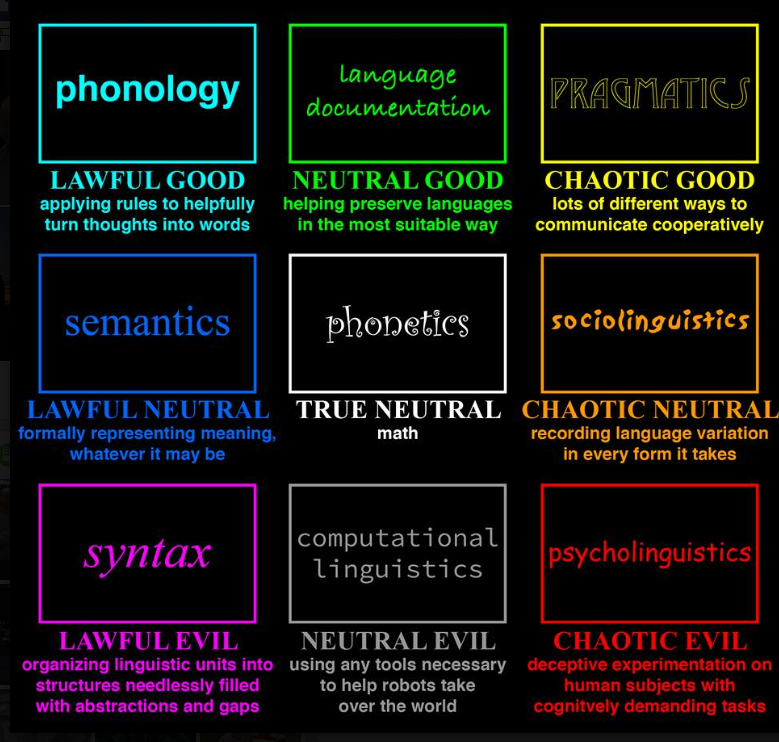A Philadelphian who doesn't like cheesesteaks and hoagies
[*cheesesteak; hoagie]
Recently, a new phrase has swept through the internet in China: dìyù tuōyóupíng 地域拖油瓶.
People who introduced me to this expression told me that it refers to somebody who is not good at or who is unfamiliar with things associated with the place where he / she is from. Of course, I had no problem with dìyù 地域, which means "region(al)", but I couldn't quite grasp the nuances of 拖油瓶 in this phrase.
Originally a Wu topolecticism, syllable by syllable it literally means "drag (along) oil bottle", but as a whole it signifies "children from the previous marriage of a woman who is about to remarry" (Wiktionary); "(derog.) (of a woman) to bring one's children into a second marriage / children by a previous marriage" (MDBG).
Read the rest of this entry »


